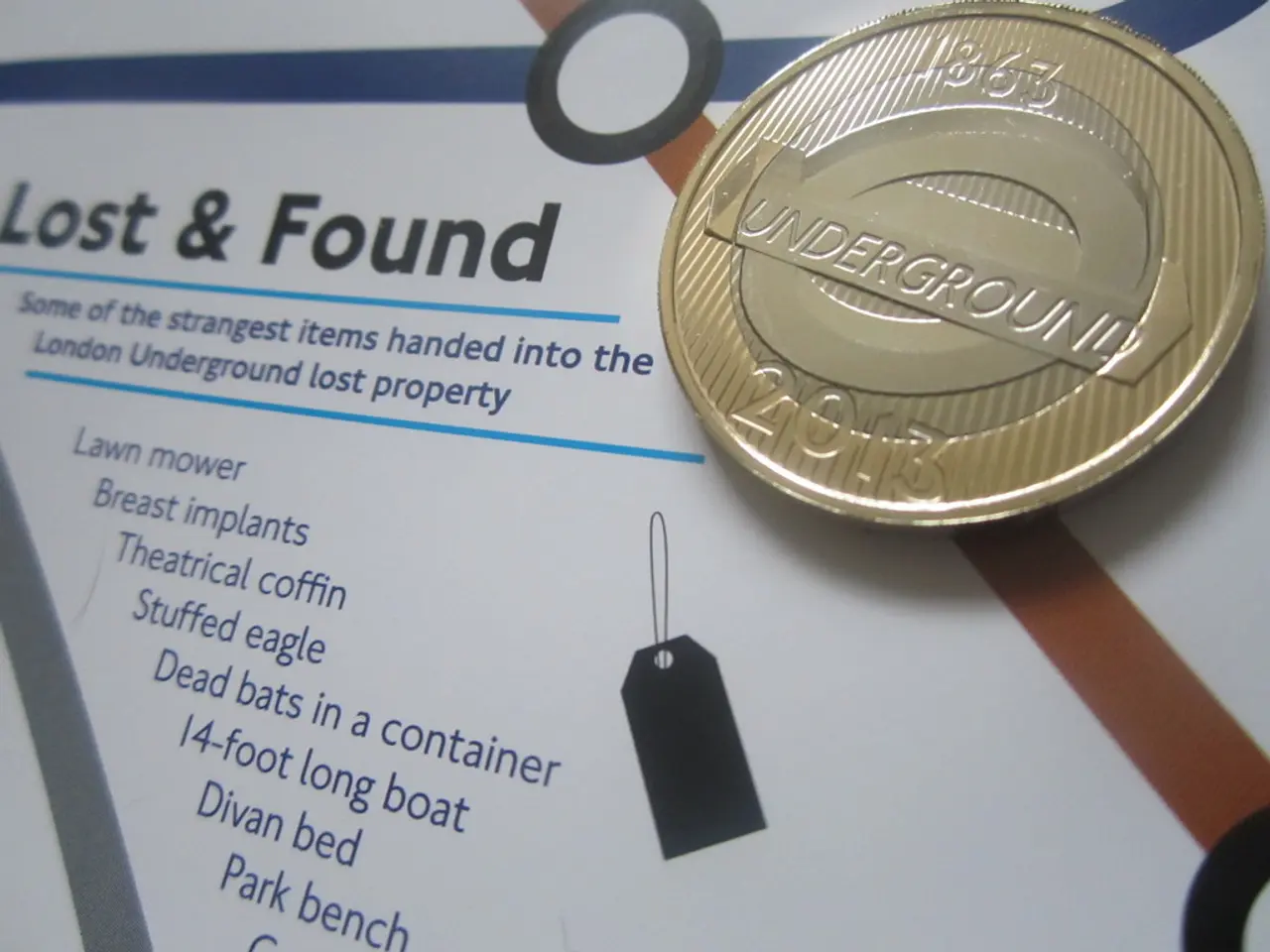Mandatory Digital Invoicing Implementation in Germany Starting from 2025
In the realm of digital transformation, the significance of PEPPOL (Pan-European Public Procurement On-Line) and Intesa's electronic invoicing solutions cannot be overstated, particularly in Germany.
PEPPOL, a network that standardizes and facilitates electronic document exchange between public and private entities, plays a pivotal role in Germany's e-invoicing landscape. As a standardized, interoperable framework, PEPPOL enables secure and efficient exchange of electronic invoices and other procurement documents, particularly in business-to-government (B2G) transactions.
Germany's e-invoicing model is decentralized, with different authorities using various platforms. However, PEPPOL's unified routing system (using “Leitweg ID”) ensures interoperability among these platforms, allowing for seamless e-invoicing exchange with public entities. PEPPOL BIS Billing 3.0 format is officially supported alongside national formats like XRechnung and ZUGFeRD, creating a common standard for e-invoicing.
Suppliers issuing invoices to federal and Bremen government contracting authorities must issue e-invoices in compliant formats, including PEPPOL BIS. Authorities are also required to accept PEPPOL transmissions if automated exchange is feasible. This mandate simplifies cross-border and local transactions, providing a single, consistent framework that reduces complexity compared to multiple communication protocols.
PEPPOL serves as a pan-European interoperability layer that connects Germany's e-invoicing systems without the need for each authority to support numerous protocols, reducing errors and administrative burden. Notably, Germany does not currently have real-time VAT reporting linked to e-invoicing, and there is no centralized monitoring system for e-invoicing developments, so PEPPOL currently supports document exchange rather than fiscal reporting.
Intesa, a leading player in the digital transformation space, offers a comprehensive suite of solutions for electronic invoicing and beyond. In Germany, Intesa's electronic invoicing service includes a passive cycle (mandatory from January 1, 2025) and an active cycle (currently optional, mandatory in phases from 2027). The active cycle involves the creation, conversion, and transmission of invoices, and the display of the final invoice retained on the Intesa portal. Intesa already manages the retention of fiscal documents in Germany. The passive cycle involves the creation of a communication channel, reception of the passive invoice, and display on the Intesa portal.
Intesa has developed a dedicated service for Italian companies with German branches, enabling them to adapt their foreign branches to send and receive electronic invoices in compliance with local regulations. This service is designed to adapt to future electronic invoicing requirements in other European countries, ensuring businesses remain compliant as regulations evolve.
In essence, PEPPOL and Intesa's solutions are instrumental in streamlining electronic invoicing in Germany, facilitating compliance with EU regulations, and supporting digital procurement modernization.
Technology, particularly the implementation of PEPPOL and Intesa's electronic invoicing solutions, significantly enhances both finance and business productivity within Germany's digital transformation landscape. PEPPOL's standardization and facilitation of electronic document exchange has become a cornerstone in Germany's e-invoicing sector, promoting secure and efficient business-to-government transactions.




